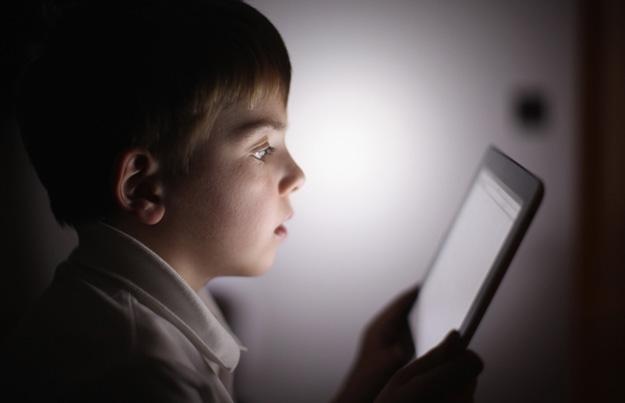One of the reasons that have contributed to the stellar growth of tablet devices has been their ease of use, something exemplified no better than the way kids aged even three year olds have taken to using them with élan. However, notwithstanding the great publicity that this would make for technology or the way it can help improve our lives, experts are wary of the negative effects it might have on the minds of the little ones. Some pediatricians have raised concerns that kids can have better brain development from time spent with non-electronic toys or from interacting with adults than fiddling with tablets. On the contrary, too much time spent using the tablet has often been linked to behavioral or social issues.
However, as per Dr. Dimitri Christakis, serving pediatrician at Seattle Children’s Hospital, the above is more applicable if the child is spending too much time watching videos and such and the result would be just the same as watching a TV. However, he did mention engaging in educational games and puzzles do have a positive impact on the child’s brain development. To make things simpler for parents, the American Academy of Pediatrics has even gone on to specify a daily tablet usage limit of 2 hours at the most as anything more than that could have an adverse impact on their normal activities, which includes sleeping, playing and such. Not to mention the most vital of them all, interacting with adults which initiate the language learning process along with other mannerisms that they learn from seeing others.
Experts have sounded the same word of caution among slightly older children as too much time spent with tablet devices means they are spending less time interacting with other children. As such, they loose out on honing social interactivity skills like, making friends and so on. As Susan Linn, director of the Campaign for a Commercial-Free Childhood likes to point out, “The best toys are the ones that just lie there until the child transforms them,” which rules out electronic items that can be run by pushing a button or via taps and swipes.
However, there are also those who would like children to be exposed to the new age devices such as tablets arguing they will feel more at-home when they reach classroom when allowed to use tablet like devices at an early age. This they claim is vital considering the increasing use of technology in today’s classroom to impart education. That said, they’d also like to point out its important to strike a balance so as not to make kids too much dependent on tablet while also ensuring not to keep them alienated of the hottest new developments that has otherwise permeated deep into our lifestyles.
As has been pointed out by the father of a 5 year old how his child benefited from the use of an iPad. “He had an iPad at close to 18 months so he was definitely one of those babies swiping away in his stroller or their balance bikes for toddlers.
“Now it’s different, but back then we were a little ostracized. Now he’s reading at close to a second-grade reading level and I credit a lot of that to iPad apps.”
Experts have also pointed out that with tablet devices entering mainstream segment just 3 years ago, it’s too early to have a clear idea of the impact that such devices may have on the growing minds. However, what seems to be the best option in such a scenario is to strike the right balance: allowing kids to grow up in the traditional manner while also allowing them limited exposure to technology to keep them updated of the latest developments. Tablet devices can be a great learning tool but has to be used just right.
With a keen interest in tech, I make it a point to keep myself updated on the latest developments in technology and gadgets. That includes smartphones or tablet devices but stretches to even AI and self-driven automobiles, the latter being my latest fad. Besides writing, I like watching videos, reading, listening to music, or experimenting with different recipes. The motion picture is another aspect that interests me a lot, and I'll likely make a film sometime in the future.

